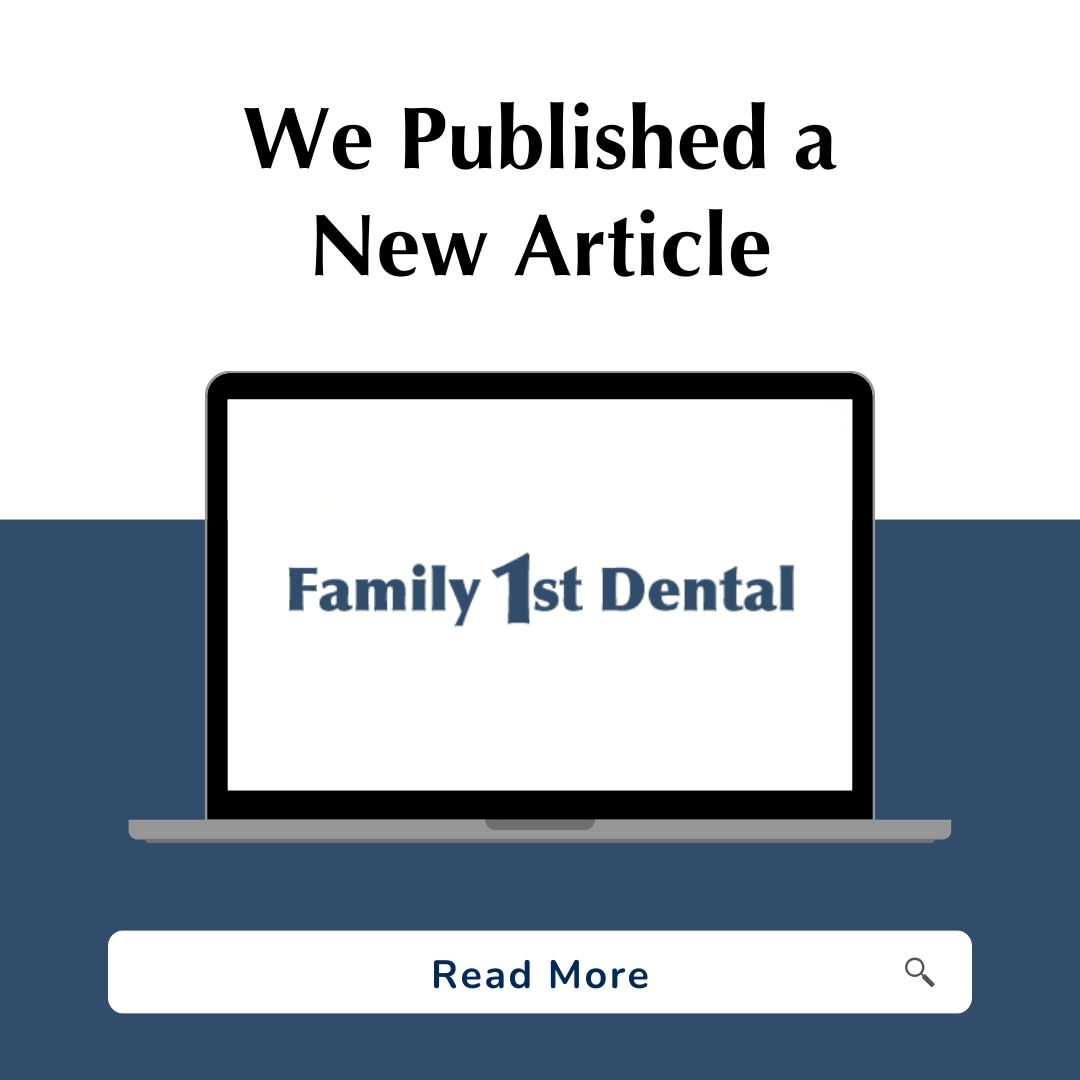
At Family 1st Dental in Laurel, we recognize the critical role that acid levels play in dental health. Understanding how these levels impact tooth decay can empower you to take proactive steps in preventing oral issues. Let’s delve into the intricate relationship between acid levels and tooth decay:
The Acidic Environment of the Mouth: The mouth naturally maintains a slightly acidic environment. However, this acidity can fluctuate, especially in response to the foods and beverages you consume. Highly acidic items like soft drinks, citrus fruits, and sports drinks can elevate acid levels, posing a risk to tooth enamel integrity.
Bacteria’s Role in Acid Production: The bacteria inhabiting your mouth also contribute to acid levels. Certain bacteria, like Streptococcus mutans, are particularly adept at producing acids as part of their metabolic processes. An overabundance of these acid-producing bacteria can escalate acid levels, fostering an environment conducive to cavity formation.
Saliva’s Protective Function: Saliva acts as a natural buffer against acidity in the mouth. It helps neutralize acids produced by bacteria and maintains a balanced pH level. However, when saliva production is compromised, acid levels can rise, weakening enamel and inviting tooth decay.
Preventive Measures for Optimal Oral Health: To mitigate the risk of tooth decay due to high acid levels, incorporate these preventive measures into your daily routine:
- Brush your teeth twice daily with fluoride toothpaste to remove bacteria and food particles.
- Floss daily to eliminate plaque buildup between teeth, reducing acid accumulation.
- Limit consumption of acidic foods and beverages, opting for water to maintain pH balance.
Empowering Your Dental Health: By understanding the impact of acid levels on tooth decay and adopting proactive oral hygiene practices, you can safeguard your smile’s health. At Family 1st Dental in Laurel, we’re committed to providing comprehensive dental care tailored to your needs. Contact our office to schedule an appointment and take the first step towards a lifetime of optimal oral health.













